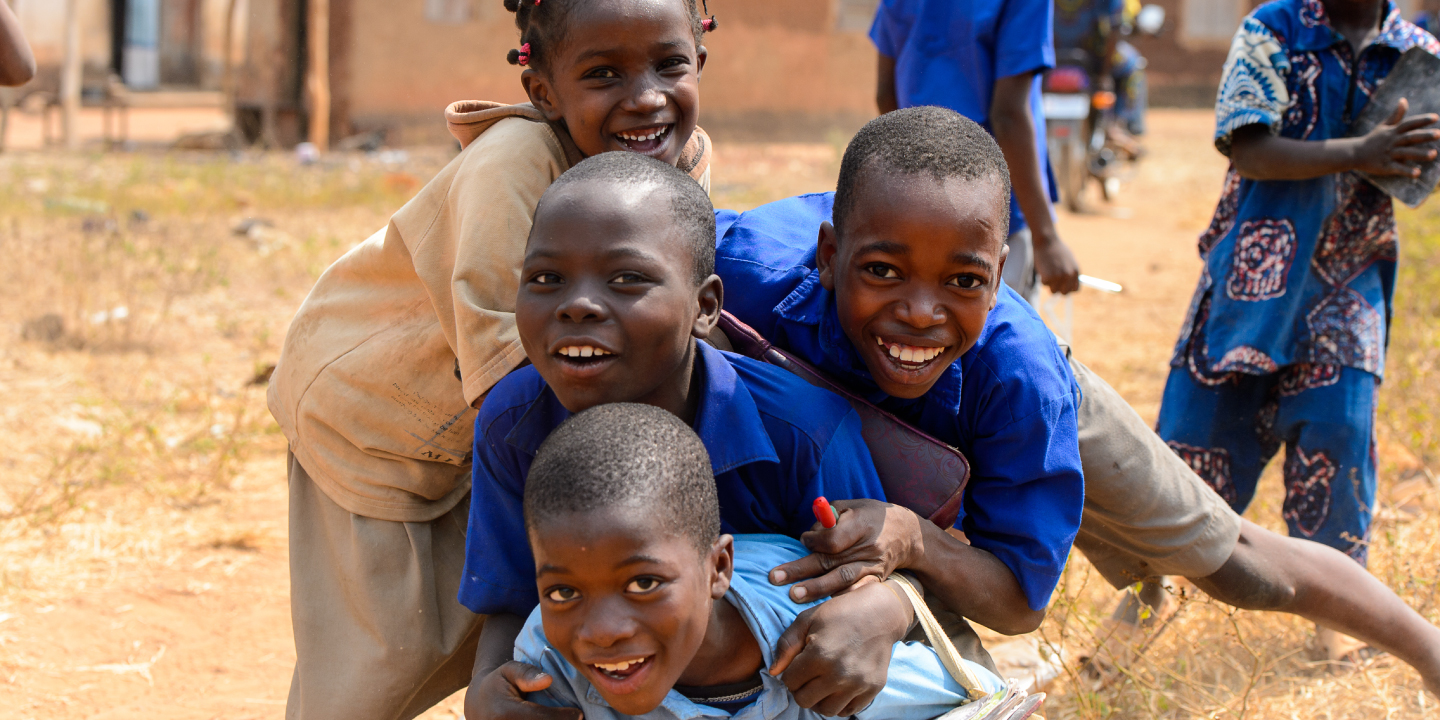
ACER study supports the learning of refugee children in Sudan
Research 28 Feb 2023 5 minute readACER has completed the baseline study of the Integration and Mainstreaming of Refugee Children into the Sudanese Education System (IRCSES) project. The recommendations will help the Federal Ministry of Education and UNICEF to provide inclusive quality education to all children, including refugees, internally displaced persons, nomadic communities and host communities.
In 2022, Sudan was hosting 1.14 million refugees and asylum seekers, including children. Sudan also has about 3 million out-of-school children and an estimated 2.9 million nomads, with a significant proportion of children not enrolled in schools.
The prolonged humanitarian crisis, frequent political unrest and the recent COVID-19 pandemic have affected the schooling of over 8 million Sudanese children, wiping out years of advancement. Refugee and internally displaced children face challenges in the availability of basic school resources and facilities, and, most importantly, qualified teachers.
UNICEF commissioned ACER to conduct a baseline study of the Integration and Mainstreaming of Refugee Children into the Sudanese Education System (IRCSES) project. The broad objective of the study was to support UNICEF and the Federal Ministry of Education in refining the programme design for maximum impact.
Following the adoption of the Djibouti Declaration, Sudan aims to fast-track actions aimed at ensuring quality education for refugee children. The IRCSES project was aimed at supporting the Sudanese Government’s aspiration to integrate refugee children into the national education system. The project will be implemented in the South Kordofan and South Darfur regions.
The ACER study of baseline metrics used quantitative and qualitative data collection methods. All tools used in the study were developed after reviewing existing literature, programme documents and the project’s theory of change.
ACER used a multi-stage selection method to select 150 primary schools for the survey, targeting children of refugees, internally displaced persons and host communities. It then chose a sub-sample of 40 schools, in consultation with UNICEF and the Federal Ministry of Education staff, from which 1,200 students in grade 3 participated in the learning assessments.
Mr Mustafa Yassin ElKarib, Education Specialist, UNICEF Sudan, said: ‘I am pleased to note that the baseline study for IRCSES was successfully implemented, and ACER India has delivered the assignment conforming to the highest standards of quality. I note with appreciation that throughout the project, ACER India experts collaborated effectively and delivered efficiently the expected results of the assignment. It has been a pleasure to work with professionals of this calibre’.
Key recommendations from the baseline findings include:
- To increase enrolments of children from refugee and nomadic communities, there should be community campaigns on the importance of education, especially for girls, and the harm caused by social practices such as child labour and child marriage.
- To reduce the financial burden of sending children to school, economically weak families and their children can be given financial support as well as basic necessities such as uniforms and stationery.
- To improve learning outcomes, a system of remedial classes can be established for children needing help. Schools should be provided with locally adapted tools to help teachers assess students’ learning gaps.
- To help school staff and local authorities evaluate school performance, a monitoring system can be set up to track and monitor students. The system should have various levels of disaggregated data and keep track of the enrolment status of different categories of children, as well as dropout rates and individual student learning outcomes.
- Teachers should be distributed equitably, based on the number of enrolments in schools. To address shortages, volunteers from the target group community could also be recruited.
- A dedicated career development programme should be established for all teachers and volunteers, providing training to improve their teaching and classroom management skills.
For more information on the project, write to: commsindia@acer.org